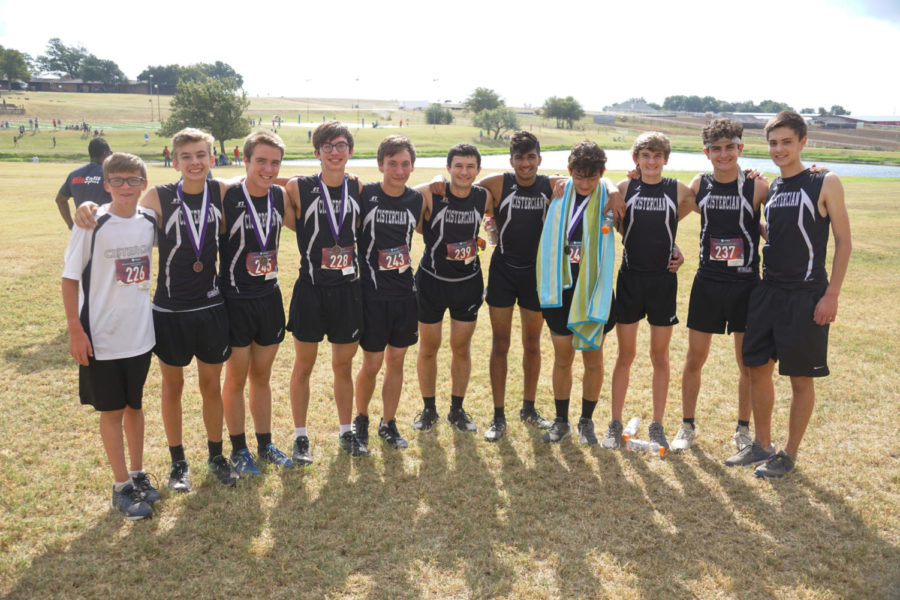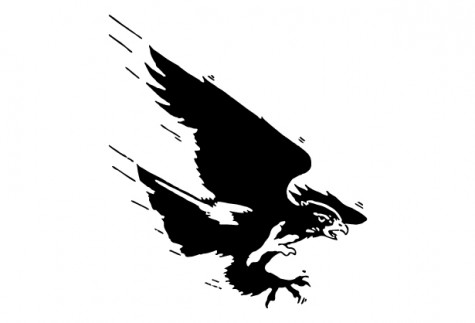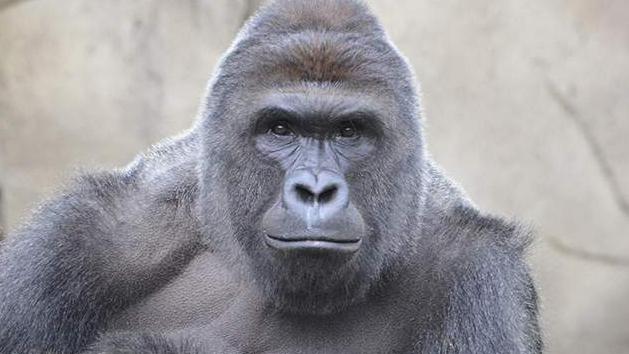Don’t Run from XC
October 15, 2019
At Cistercian, cross country is known as the “non-football” fall sport. It is not seen as a fun sport; most people will not join the team in high school, and it receives much less attention than its fall counterpart. Given the option between cross-country or P.E., most would take the latter. Comparing it to other sports, cross country is similar on a basic level in that it is a team sport and involves running. However, a runner participating in cross country experiences a much different sense of camaraderie than one does in other team sports. Taking it to the extreme, cross country can even be seen as an embodiment of the Cistercian way of life. This sport emphasizes community, passion, and perseverance, all of which are at the core of our school.
Cross country started as a way of conditioning rowers in offseason, and it still can be seen as conditioning for the next sport season. However, it is not just a season of running drills. Each practice in cross country requires the athlete to battle fatigue, and the only thing a runner can look forward to is a meet on Saturday. Everything about running involves pushing oneself to be better. Nico Walz (VIII), the number one varsity runner, said, “Cross country is certainly a tough sport; you have to choose the amount of pain you are willing to endure. But I guess that requires you to put your whole soul into it, really reaching for something outside of you. Coach Roane definitely does a great job of encouraging us to surpass our own expectations.” Nico really gets to the heart of cross-country, which is going beyond what you think you can do every single day.
Not only is cross country a hard sport, but it also has very little reward for the team. All their Saturday morning meets are eclipsed by varsity football games the Friday night before. Since cross country is hard and out of the spotlight, a brotherhood forms between the runners. Each athlete on the team knows that the only people who understand his pain are his fellow teammates. The team is also aware that everyone counts, so slower runners still have to work in order for the team to win. Stephen LeSage (V) said it is “probably the most intense and team centered sport. Everyone knows the team is only as good as the last couple of runners. And when you are one of those last few runners, the pressure is all on you to pass the next couple guys ahead of you.”
Everyone who runs cross country is familiar with the dread that comes before a full week of practice, as well as the joy in having finished the Saturday meet. Every member, despite waking up at five for morning practice and dealing with the daily soreness that follows, perseveres because of a reason that changes throughout the season. First is the fear of being behind everyone else, next is the drive to make oneself better, and lastly comes an understanding of those who run alongside you. Running is beautiful in itself, but those who run together love it (even while hating the pain) because it is a period of bonding with their teammates. This is why a runner can endure the pain or soreness that comes from running hills at least once a week and over six thousand meters on the track.
Cross country may not be as complex as my words seem to have made it, but it is important for an outsider to be aware that it isn’t just running. It is a brotherhood built on mutual suffering, which is as close as it gets to describing the brotherhood at Cistercian. Though it may not seem fun, cross-country runners always feel a great sense of accomplishment after a full season, and the bonds formed will endure and be mighty.




